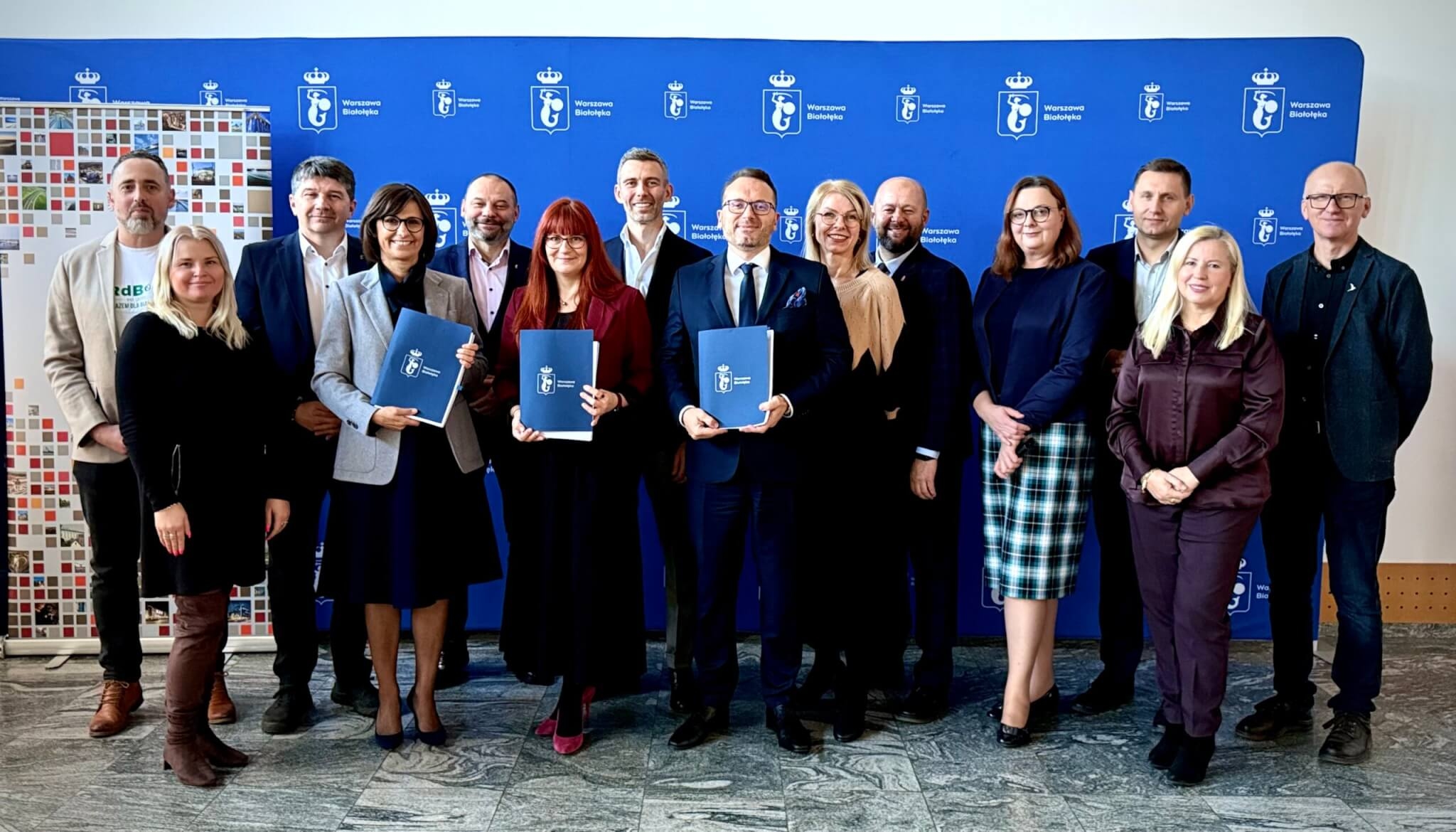The 8th European Financial Congress starts
The European Financial Congress, co-organized by NDI SA, starts today. During this year’s 8th edition NDI hosts two debates.
“Moral Hazard” as the plague of the modern world, evening debate, Tuesday, 21:30-22:45
Moderator: Professor Wojciech Paprocki, Warsaw School of Economics
Participants:
- Mirosław Gronicki, independent expert, Minister of Finance in the years 2004 – 2005
- Jerzy Hausner, Professor, Cracow University of Economics
- Marek Niechciał, President of the Office of Competition and Consumer Protection
- Leszek Pawłowicz, Professor, Coordinator of the European Financial Congress
- Andrzej Rzońca, Professor, Chief Economist of the Civic Platform
We live in a world where moral hazard is a practice used by the social elite, including politicians, top investors and managers. This practice is also joined by various social groups, who vote in elections and referendums without thinking the consequences of their decisions.
How to create mobility in a smart agglomeration? Wednesday 20.06, 10:45-12:00
Introductory speech:
Jana Pieriegud, Professor, Department of Transport, Warsaw School of Economics
Debate description:
In the beginning of the 19th century, 2.5% of the population lived in cities, 30% in 1950, and in the beginning of the 21st century, almost 50% of the population lives in cities. It is estimated that in 2050 nearly 2/3 of the world’s population will live in urban areas. The surrounding towns and housing estates generate many economic, social and environmental problems. Agglomerations are perceived as the solution.
Cities and agglomerations of the future will be more connected, providing a complex structure of interdependent physical and virtual networks: technical infrastructure, social links, interactions between stakeholders and cyberspace. Management will move in the direction of the cloud city model. An agglomeration of the future will be a City-as-a-Platform, which will facilitate synergy and provide interoperability between different digital and physical systems and solutions, such as: Mobility-as-a-Service (MaaS) or Energy Network-as-a-Service.
Key issues:
What is the potential of Mobility-as-a-Service solutions? When there will be a breakthrough in this area in Poland? How to provide sustainable mobility for agglomerations on the “path to the critical point”?
How individual characteristics of agglomerations may facilitate or restrict the development of new concepts of mobility?
How to change transport, power supply and IT infrastructure to facilitate the future development of new concepts in agglomerations?
What will be the role of stakeholders in resource management in agglomerations?
How to provide digital security in future cities?

